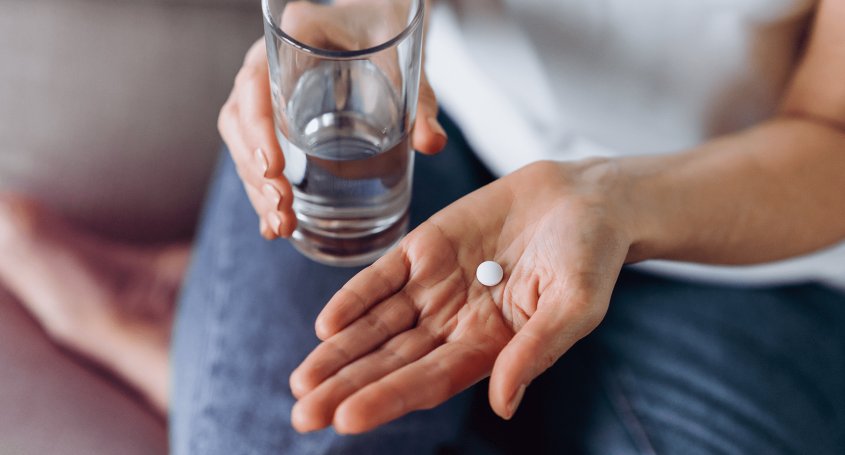Do you know what is gestational diabetes? Why does it happen?
Sometimes, due to hormonal changes caused by the pregnancy, cells do not respond as well to the insulin. In some cases, the pancreas cannot produce more insulin and the blood sugar levels rise, leading to this gestational diabetes.
How is it detected?
Between weeks 24 and 28, the O'Sullivan test is carried out, which is a test which measures the blood glucose. If the results of this test are below 140 md/dl of blood glucose (7.8 mmol/l), the presence of gestational diabetes is ruled out. If they are equal to or greater than 140 md/dl of blood glucose, another test called Oral Glucose Tolerance Test (OGTT) (or long glucose curve) must be performed.
How is the Oral Glucose Tolerance Test (TTOG) done?
The week before the test, no changes in the diet can be done. But of course, to the test it is necessary to go with a fast of between eight and 12 hours.
Once the pregnant woman arrives at the hospital to be tested, a blood sample will be performed to her and then a solution of 100 grams of glucose will be also given to her to drink. Blood draws will be repeated 60 minutes, 120 minutes and 180 minutes after taking glucose. In other words, four blood draws in three hours.
How is OGTT assessed?
To diagnose gestational diabetes, the following reference values should be considered:
Basal glucose (fasting): it should be a maximum of 105 mg/dl
Glucose per hour: it should be a maximum of 190 mg/dl
Glucose after two hours: it should be a maximum of 165 mg/dl
Glucose after three hours: it should be a maximum of 145 mg/dl
If any of the values would not be altered, it is recommended to carry out a new O'Sullivan Test in the following quarter.
If only one value is altered, Oral Glucose Intolerance is diagnosed, and OGTT is repeated after three or four weeks.
If two or more values are altered, it is considered that the woman has gestational diabetes and she is referred to the corresponding professional or unit, where they will assess the best treatment to follow and will be in charge of monitoring it.
If you have any other doubt, you can get information at Barcelona IVF , sending us an email to info@bcnivf.com or calling at +34 934 176 916.

















